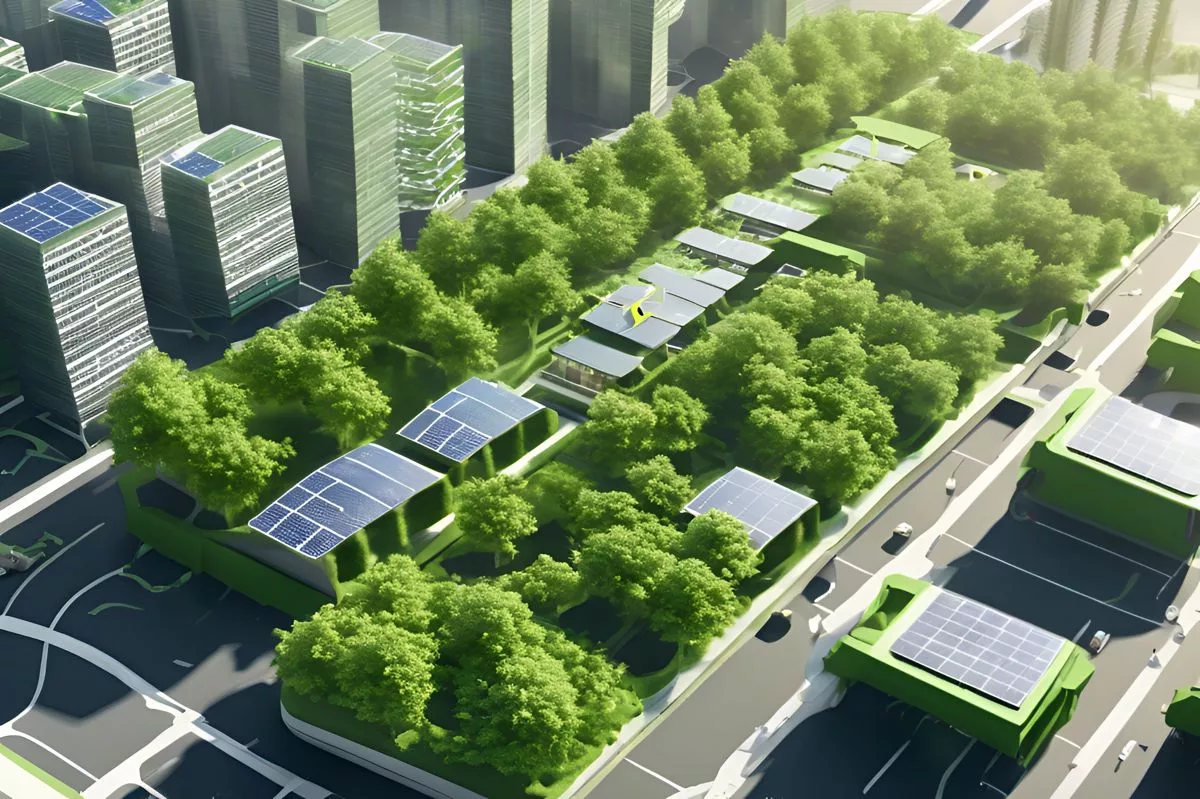The role of teachers in knowledge-based economies is vital for the future. South Africa’s shift from apartheid to democracy marked a new era for education, but reform is not without obstacles. Teacher development is a multi-step process towards professionalization, including initial teacher education and ongoing professional development. Investing in teacher development is an investment in the future, and South Africa has synchronized its educational strategies with global commitments to provide inclusive, equitable quality education for all.
Teaching is crucial for the future of knowledge-based economies. In South Africa, the shift from apartheid to democracy marked the start of a new era for education. However, the path to reform is not without obstacles, and policy-making in education is influenced by overarching goals like poverty eradication and unemployment reduction. The country has synchronized its educational strategies with global commitments, and teacher development has become a multi-step progression toward professionalization, including initial teacher education, registration with professional organizations, and ongoing professional development. Ultimately, investing in teacher development is an investment in the future.
In the rapidly evolving knowledge-based economies of the world, the importance of teachers cannot be overstated. At the forefront of education, teachers foster the intellectual and emotional development of the younger generation, equipping them for future challenges. The views expressed by Buti Manamela, the Deputy Minister of Higher Education, Science and Innovation of South Africa, provide a unique insight into the path of teacher professionalisation both in South Africa and globally.
South Africa’s Educational Shift: From Apartheid to Democracy
Manamela elaborates on the fusion of historical context, modern policy development, and futuristic approaches that are currently sculpting South Africa’s educational landscape. The shift from apartheid to democracy in South Africa transcended beyond political transformation. It marked the commencement of an era characterized by social justice, human rights, and institutional reform.
In terms of education, this shift sparked a thorough revamp of preexisting systems, substituting the apartheid-era structure with a policy framework aimed at providing quality education to all. The journey from apartheid to democracy was a pivotal turning point in South Africa’s history. It presented a chance to amend previous injustices and construct an educational system that reflects a democratic, rights-oriented nation.
The Road to Reform: Challenges and Triumphs
However, the path to reform is typically met with obstacles. A study conducted by the Human Sciences Research Council in 2014 praised the favorable policy environment for teacher development in South Africa. Simultaneously, it emphasized the enduring policy voids that necessitate ongoing research and intervention. The quest for quality education cannot be severed from the wider socio-economic context, and policy-making in education is influenced by overarching goals like poverty eradication, unemployment reduction, and general development.
In light of these challenges and motivated by a commitment to the National Development Plan, South Africa has endeavored to synchronize its educational strategies with global commitments. From UNESCO’s Sustainable Development Goal 4 to the African Union 2063 Agenda, the country’s policy conversation has continuously mirrored international demands for inclusive, equitable quality education for all.
The Journey of Professionalisation: Teachers’ Perspective
This intricate landscape necessitates a multi-step progression toward professionalisation. The route commences with initial teacher education, advances through registration with professional organizations like the South African Council for Educators (SACE), and culminates with ongoing professional development. This process demonstrates the interconnectedness of different stakeholders, including government bodies, educational institutions, and the educators themselves.
A significant landmark in this journey was the implementation of the 2007 National Policy Framework for Teacher Education and Development in South Africa, a policy initiative summed up with the phrase “More teachers, better teachers.” To cater to the needs of a swiftly evolving democratic society and global landscape, South Africa boosted the number of teacher graduates from 6,000 in 2000 to 30,000 in 2023.
The 2009 Teacher Education Summit further propelled this agenda, culminating in the development of the Integrated Strategic Planning Framework for Teacher Education and Development (2011 – 2025). This framework tasked Higher Education Institutions with the creation of a more accessible, comprehensive formal teacher education system.
Beyond Numbers: Emphasizing Quality and Content
Nonetheless, the story of progress isn’t purely about increasing numbers. As recognized during the Summit, the quality of teaching and the content of teacher education programs are crucial elements of professionalisation. As a result, the Integrated Strategic Planning Framework for Teacher Education and Development recommended the creation of specific teacher knowledge and practice standards.
In 2011, the Policy on Minimum Requirements for Teacher Education Qualifications (MRTEQ) was enacted. It was revised in 2015 to align with the new Higher Education Qualification Sub-Framework of 2013. The policy enhanced subject expertise, improved the teaching practice component, clarified language specializations, and it is currently undergoing further revisions to address contemporary areas for professionalisation.
Various government departments have formed partnerships that have been key in enhancing these interventions. The Department of Basic Education, through the Funza Lushaka bursary scheme, and the National Student Financial Aid Scheme of the Department of Higher Education and Training have made significant contributions to this endeavor.
The Advent of AI: Challenges and Opportunities
The rapid emergence of artificial intelligence (AI) in teaching practice has brought about new challenges and opportunities. While AI technologies like ChatGPT can generate articulate answers, their potential to misguide and the lack of diverse voices remain worrisome. Nevertheless, Manamela believes that AI can also improve the quality of teaching and contribute to policy interventions.
Investing in the Future: The Power of Education
Ultimately, investing in teacher development is an investment in the future. As we navigate the intricacies of the 21st-century world, the insights of Buti Manamela serve as a timely reminder. By nurturing human resources and knowledge, we can rise to the challenges of our era and cultivate a world where everyone can lead a dignified life.
1. What is the role of teachers in knowledge-based economies?
The role of teachers in knowledge-based economies is vital for the future. They foster the intellectual and emotional development of the younger generation, equipping them for future challenges.
2. What was the shift in education in South Africa after the end of apartheid?
The shift from apartheid to democracy in South Africa sparked a thorough revamp of preexisting systems, substituting the apartheid-era structure with a policy framework aimed at providing quality education to all.
3. What are the challenges faced by South Africa’s educational reform?
In education, the path to reform is typically met with obstacles. Policy-making in education is influenced by overarching goals like poverty eradication, unemployment reduction, and general development.
4. What is the journey of professionalisation for teachers in South Africa?
The journey of professionalisation for teachers in South Africa necessitates a multi-step progression toward professionalisation, including initial teacher education, registration with professional organizations like the South African Council for Educators (SACE), and ongoing professional development.
5. What is the significance of the Policy on Minimum Requirements for Teacher Education Qualifications (MRTEQ)?
The Policy on Minimum Requirements for Teacher Education Qualifications (MRTEQ) was enacted in 2011 and revised in 2015 to enhance subject expertise, improve the teaching practice component, clarify language specializations, and address contemporary areas for professionalisation.
6. How can AI contribute to education in South Africa?
While AI technologies like ChatGPT can generate articulate answers, their potential to misguide and the lack of diverse voices remain worrisome. Nevertheless, AI can also improve the quality of teaching and contribute to policy interventions.









